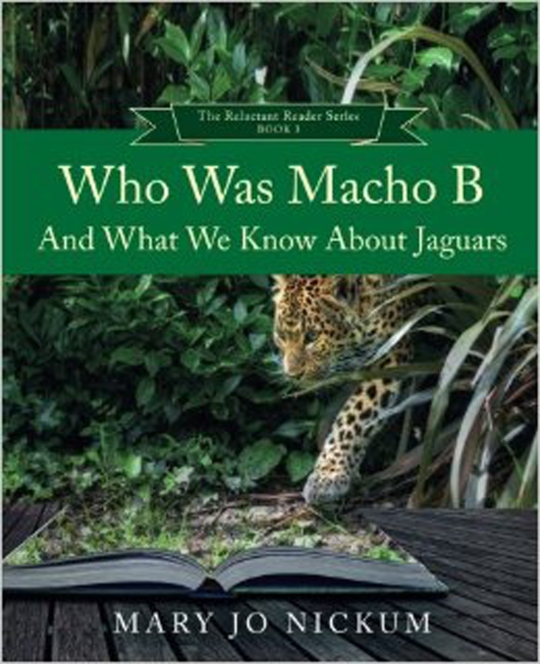Three Cases of Complicated Parenthetical Punctuation
Inserting additional information into a sentence without careful consideration of sentence organization can create barriers to comprehension, especially when the parenthesis is complicated. Here are several sentences in which complex parenthetical phrases are not treated with care, followed by discussion and revision.
1. Consumers have the right to speak out or complain, and to seek compensation—payment or a replacement item—or redress—have a wrong corrected.
Here, the use of dashes to set off a pair of parenthetical phrases confuses the reader’s eye; use mirror-image parenthetical marks instead for a clearer picture of the sentence’s syntactical organization: “Consumers have the right to speak out or complain, and to seek compensation (payment or a replacement item) or redress (have a wrong corrected).”
2. They had an unwavering belief that they simply could not—or maybe more accurately stated, would not—be defeated.
Because “maybe more accurately stated” is a parenthesis within a parenthesis, a comma must precede as well as follow it: “They had an unwavering belief that they simply could not—or, maybe more accurately stated, would not—be defeated.”
3. If thorough controls are not in place, over time, as updates and changes are made to your environment, conflicts are likely to arise, posing varying levels of risk to your business and ultimately forcing you to revisit your design.
The number of commas in this sentence is excessive; when the phrase “over time” and the rest of the parenthetical phrase (ending with environment) is transposed, the comma between them becomes extraneous and the sentence structure is clearer: “If thorough controls are not in place, as updates and changes are made to your environment over time, conflicts are likely to arise, posing varying levels of risk to your business and ultimately forcing you to revisit your design.”
From: Daily Writing Tips
